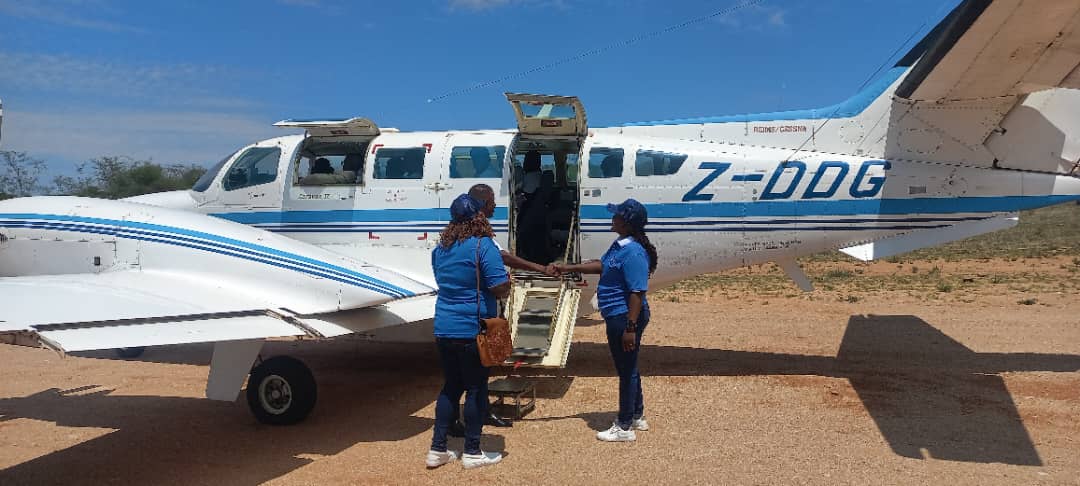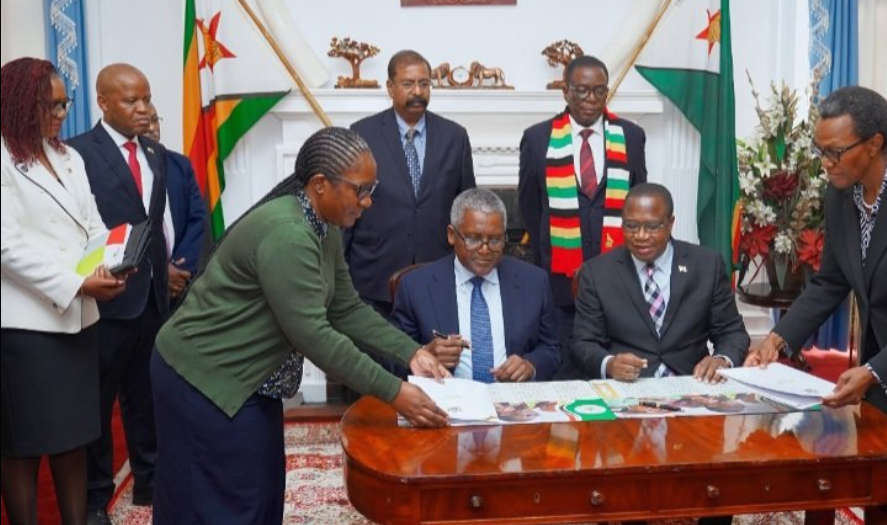GOVERNMENT has abandoned talks with Chinese contractor Anhui Foreign Economic Construction Group Limited (AFECC) for the dualisation of the Beitbridge-Harare-Chirundu Highway, opting for local financing.
AFECC – the second highest bidder when the tender was floated in 2016 – was awarded the contract after government in April terminated its earlier agreement with Austrian firm Geiger International for the dualisation of the road over failure to provide proof of funding and delay in project implementation.
But according to the 2019 infrastructure investment plan, approved on November 22, the road, whose upgrade has been in the works for more than two decades, would now be financed through local resources.
"The total cost of implementing the project is estimated at $1,2 billion, to be funded through mobilisation of resources from issuance of an infrastructure bond guaranteed by government. Zinara (Zimbabwe National Road Administration) revenue streams and fiscal resources would be used to liquidate the bond on maturity," the plan, drafted by the Finance ministry, read.
In 2019, government targets to mobilise $300 million through issuance of bonds, with Zinara also pouring funds into the road project.
"During 2019, an amount of $300 million will be disbursed to the project, comprising of $50 million in fiscal resources and $250 million proceeds raised through Zinara infrastructure bond," part of the plan read.
The Beitbridge-Harare-Chirundu Highway facilitates regional trade and the movement of millions of people between Southern Africa and Central, East and North Africa, but the country has, however, failed to repair and upgrade most of its roads whose life-span dates back to the Rhodesian era.
A 2001 Southern African Development Community assessment of the road infrastructure in the region showed that a third of Zimbabwe's road network was in a parlous state.
The Beitbridge-Chirundu Highway was singled out as one of the roads that urgently needed rehabilitation because of the key role it plays in the region.
However, Zimbabwe has neither carried out any major rehabilitation of the road nor dualised it, despite many public pronouncements and ground-breaking ceremonies.
The tender to dualise the highway, which has been on the drawing board for the past 16 years, was initially awarded in 2002 to ZimHighways - a consortium of local companies - but the company failed to implement the project for over a decade after hyperinflation rendered the local currency worthless.
When government cancelled the deal, the contractor sought recourse at the High Court before dropping the legal battle in 2013, paving way for the Geiger deal, which was finalised in 2016 after talks that dragged on for over four years.
The Development Bank of Southern Africa (DBSA) in 2013, which funded the construction of the Plumtree-Bulawayo-Harare-Mutare Highway, was willing to release about $1,1 billion for the Beitbridge-Chirundu Highway upgrade, given its strategic importance, but the Zimbabwe government was unwilling to award the tender to Group Five.
A report compiled after DBSA's integrated investment proposals corporate credit committee meeting held on October 13, 2010 shows that the bank felt Zimbabwe's roads should be given priority as they would benefit southern Africa.
Meanwhile, the government has also opened talks with the Diaspora Infrastructure Development Group for fresh funding of $216 million towards the rehabilitation of rolling stock, track, signalling and information technology systems for the National Railways of Zimbabwe.
- newsday
 Zimbabwe launches new airline
Zimbabwe launches new airline  Hichilema meets Chivayo
Hichilema meets Chivayo  Millions celebrate Diwali festival in India
Millions celebrate Diwali festival in India  SA bitcoin firm mulls Zimbabwe listing
SA bitcoin firm mulls Zimbabwe listing  Gold edges up as traders await guidance
Gold edges up as traders await guidance  Airlink applies for Lanseria to Harare, Bulawayo route
Airlink applies for Lanseria to Harare, Bulawayo route  Young Investment Professional (YIP) Graduate Programme 2019
Young Investment Professional (YIP) Graduate Programme 2019 










 Young Investment Professional (YIP) Graduate Programme 2019
Young Investment Professional (YIP) Graduate Programme 2019
Editor's Pick